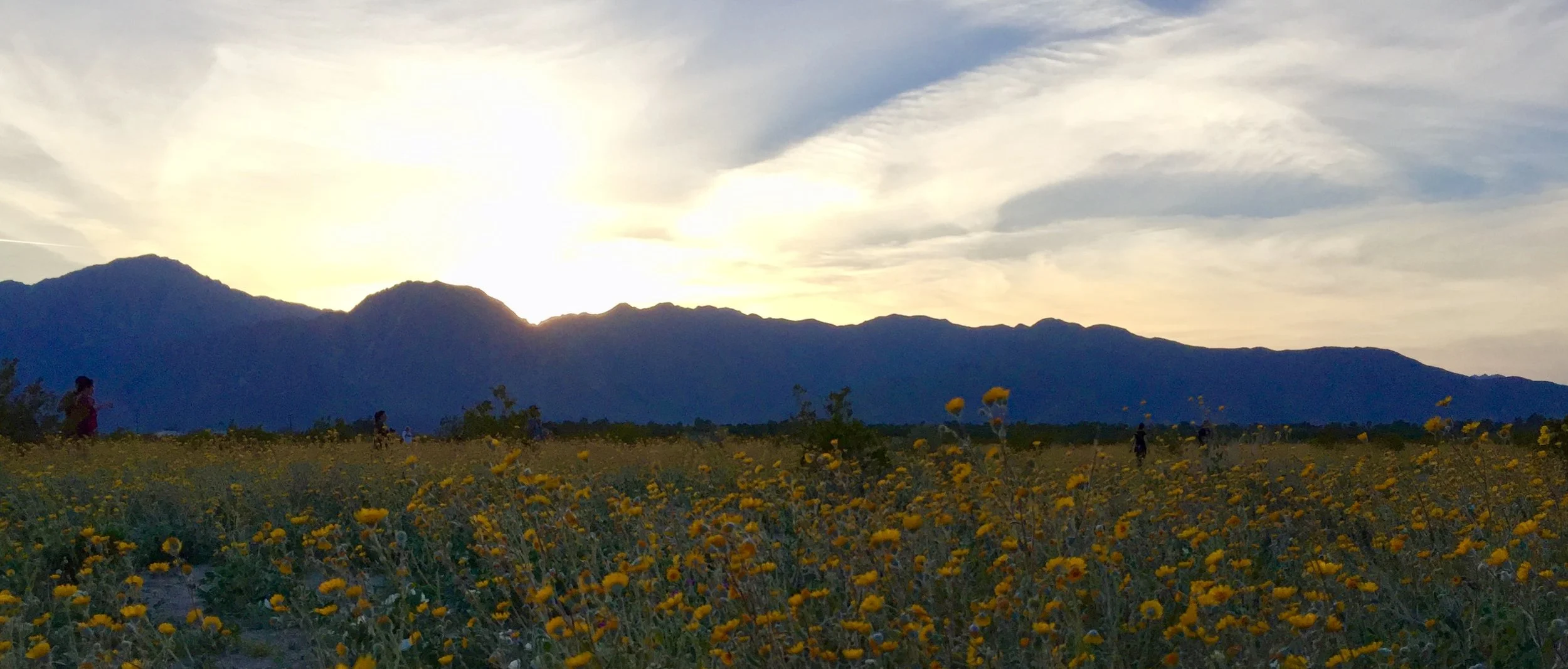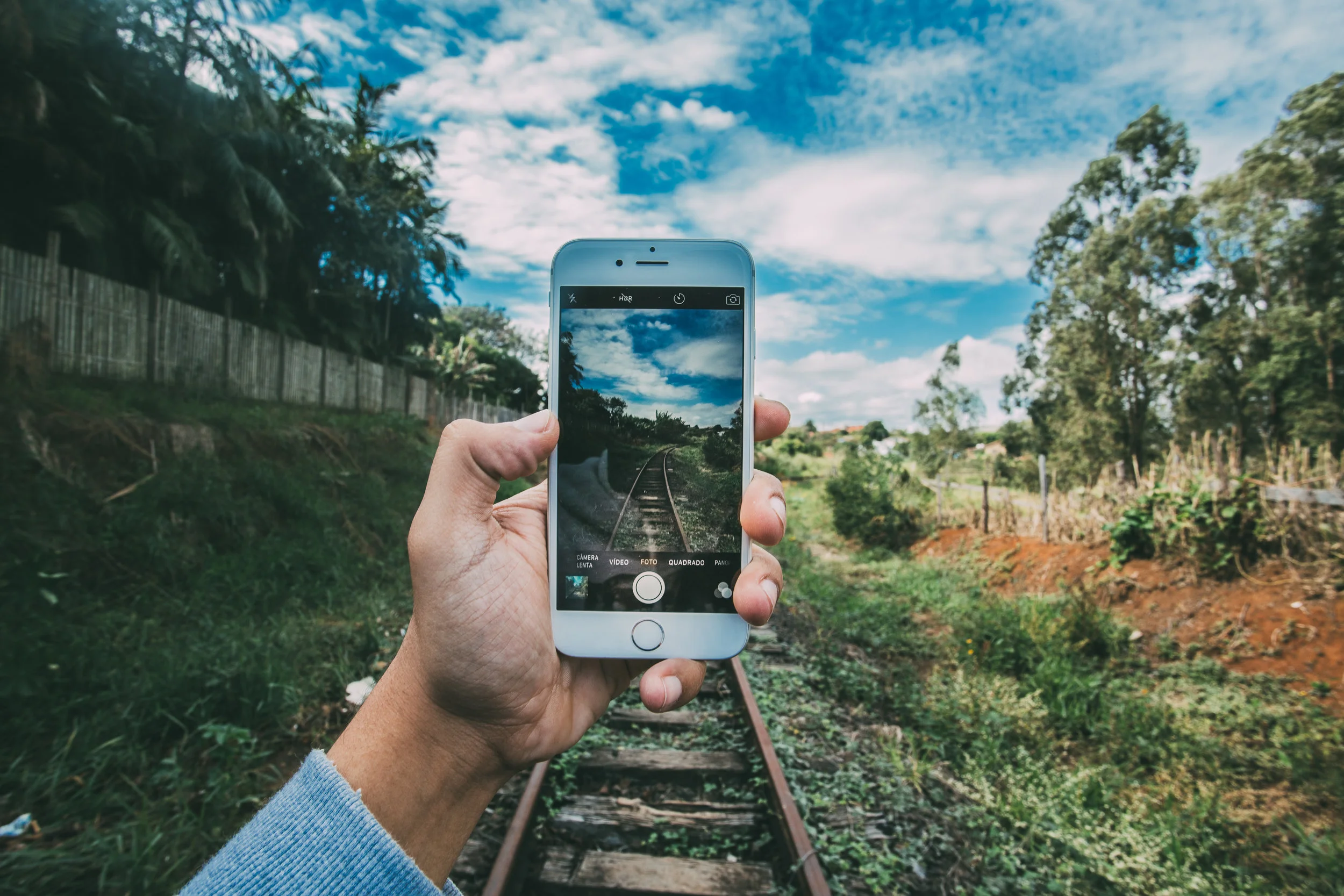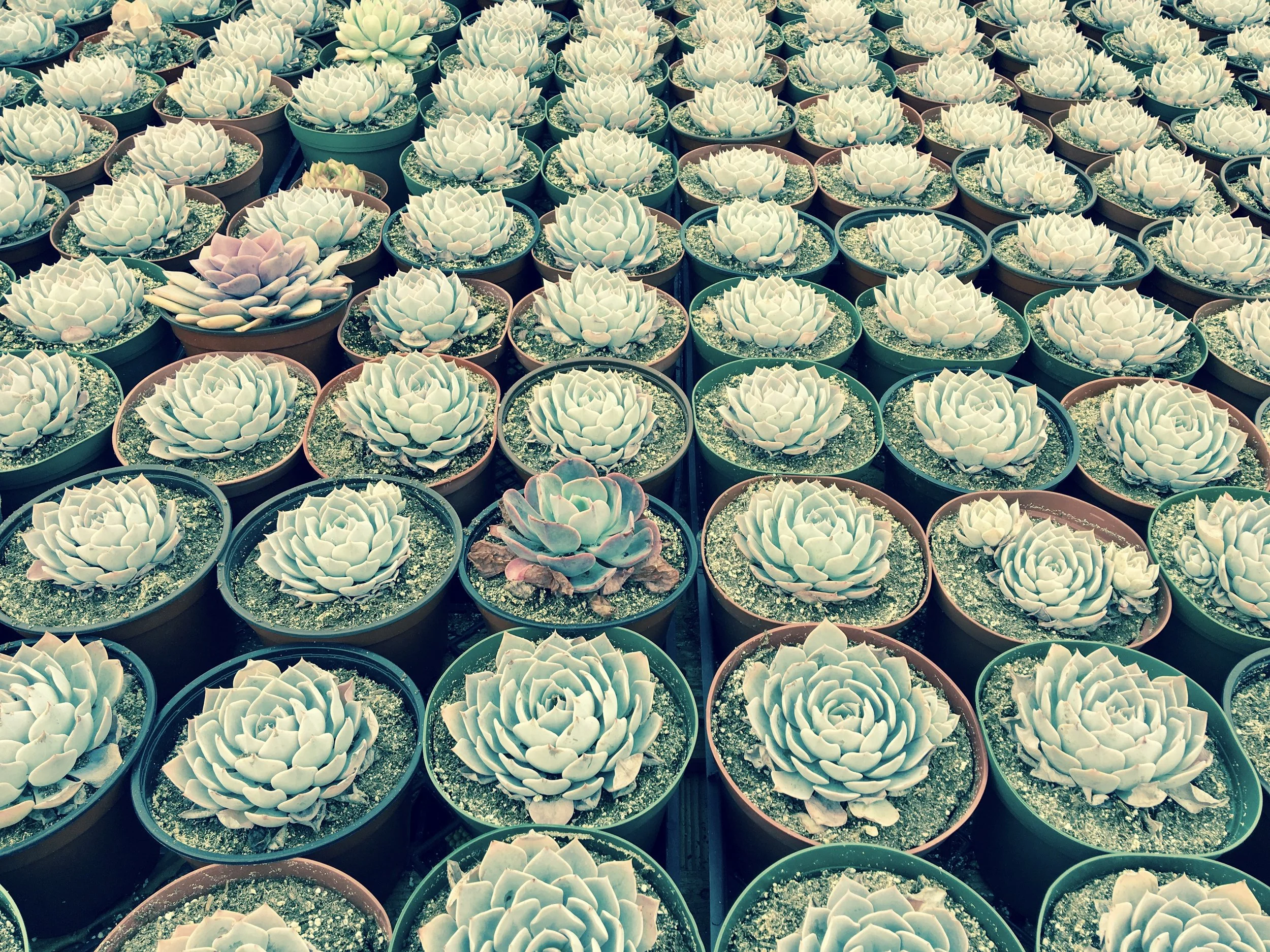Death, Money and Sex: The Open Secret
A beautiful, passionate, soulful artist and mother reached out to me to coach her recently. She was eagerly wanting something and sensed that it might be found in the connection her intuition told her to follow.
But by the time was approaching for her scheduled session, she was in an entirely different place than she had expected to be.
A beloved person in her life unexpectedly and tragically died.
She cancelled her session, wanting to howl and grieve and be alone instead.
I could relate.
Boy could I relate.
This week, in fact, is the one year anniversary since my own mother passed away.
There have been so many hours of howling and grieving. Even some, yes, this very morning.
Like animals who run off to the cave to lick their wounds, we humans, too, have a wisdom and knowing that draws us inward in times of deep pain and sadness.It is part of the human experience: the allegorical archetype of diving into pain and loss and tragedy like Persephone and then, by some miraculous resiliency that’s part of the human spirit, coming back to life.
But this depth of common experience can only be revealed when we are willing to go down deep into our own psyches. And for many, the conflict between wanting to look good and put together on the surface can raise a deep conflict with the inner yearning and desire to howl like an animal at times.
Isn’t that what wild animals do, after all?
Howl and hide in caves and then, eventually, come back to circle into the pack of other animals?
What I wanted so much was to deeply honor my artist friend who wanted to take the time to howl and grieve and experience the deep loss. To know that that depth of being is what makes us most deeply human.
Week after week, I see clients who want richer, fuller, more meaningful lives. They - we - want more joy, more peace, more fulfillment in our lives.
And the ones who get those lives I have seen again and again, are the ones with the courage to both wail like a wild wounded animal or a puppy that’s been taken from it’s momma … and show up to the pack of animals again.
There is a paradox that, while there is a time to be alone in the cave to lick one’s wounds, in our culture especially, that is where the story ends.
We lose a child, a friend, a partner or a beloved pet.
A relationship fails.
Our political leadership goes mad, making choices that look insane.
We face the reality of our childish and inauthentic relationship with money.
In all these instances, our habitual tendency is to hide out alone, and then start to cope alone.
We turn to compulsive busyness, to keep the pain of loneliness from seeping in.
We turn to fixing ourselves to hopefully avoid the pain of ever feeling vulnerable to loss again.
We numb out on empty carbs, one too many glasses of wine after the kids are in bed, or sexual misadventures.
All these things we try to cope with alone.
Death. Money. Sex.
Rather than pretending they don’t cause us all pain, we can try something different.
We can try to accept what the poet Rumi referred to as the Open Secret, that I first heard about from one of my mentors at the Omega Institute for Holistic Learning, author Elizabeth Lesser.
You know that thing when your friends ask how it’s going and you say, “Great!” with a big smile on your face while you are secretly freaking out about the fact that your new husband won’t have sex with you?
Or when your boss asks if you need some time off to deal with health issues and you say, “No, no, I’m FINE!” because you're secretly terrified of losing your health insurance, job and financial security if you tell the truth?
Or when your friend who is a little more outwardly successful, more organized and well-spoken asks you to support a cause she’s involved in and you say yes but secretly think, “Shit, she has it all together and I am going to look so stupid next to her. What’s the hell is wrong with me?”
What Rumi invites us to do, way back from the 13th century, is to stop pretending it’s all fine and cop to the open secret. Because we are all pretending and that's partially what causes the suffering and isolation.
To reveal your hurt and your truth to another, safely and appropriately, is where authentic connection is made.
And this is where mindfulness comes in.
By developing a practice of “paying attention on purpose in the present moment without judgment” (in the words of mindfulness pioneer Jon Kabat-Zinn) you begin to watch your thoughts, feelings and beliefs and not take them so seriously.
You can watch them rise and fall in your mind and body, and let them go without telling such a long involved story about what a loser you are, how everybody else is better at life than you, and how lonely you are.
Or how it is always going to hurt like it does now.
With a regular mindfulness practice of even a few minutes a day, you learn to rest in compassionate presence with yourself. And when you can cultivate self-compassion towards the parts of yourself you judge the most, you can begin to open up to the compassion in others.
Let me be honest here: I have in no way mastered this.
But I am nowhere near where I once was in terms of vicious self-judgment.
The open secret is that we all have pain.
Death, money and sex cause every human alive to have challenges at some point or another in life. It’s the human condition, not a personal failure.
And when we can accept it, and accept the loving kindness available to us, both within our skin and in others, we come back to life and light.
What To Do When Your Beloved is on the Phone (Again)
How to Stay Out of the Valentine's Day Trance
How to Get Stuff Done and Have a Life
That feeling when you get the project done and have time for a relaxing trip to Newport Beach.
Imagine a great long-term project lands on your desk. It’s an important creative opportunity for you to move forward professionally, one that could really help you advance and get to do even more of the kind of meaningful work that makes your heart go pitter-patter.
Imagine that you do the work on this project in a timely fashion during regular working hours, and still have a life. You get your work done in a relaxed and productive manner and take that weekend camping trip you’ve been wanting to go on for a long time, get to yoga, and have time for sleep, cooking healthy, eating right and intentional time with friends and family.
Now go one step further and visualize that, at the end of this project not only are you rewarded by a deep sense of personal accomplishment, but maybe a leader in your field notices you and wants to give you more challenging and interesting work, the kind you’ve been craving.
You become known as someone who has her act together, who works sustainably and has a life.
And because you are so skilled, you get more opportunities both for interesting work and for self-care.
And the virtuous circle spirals ever upward.
Fantasy?
Hardly.
These are the kinds of results the men and women I work with are experiencing.
Getting work done in an era where it feels like the work-cycle is 24/7 and where private time blurs into work time is a reality for most people today.
How often have you sat down to work on a project and found yourself shopping online for your favorite organic Greek olive oil or watching pop videos from the 80s on YouTube? (Duran Duran and The Smiths remain perennial favorites. Sigh.)
If you’re anything like me, far more times than you might want to admit.
So how can we get work done in a timely way when no one is creating external boundaries for us?
I absolutely LOVE the work I do and still it’s tough to stay on target and focused at times.
In the old days, back when the earth was cooler, people who went to work had a time-clock.
You punched in when you got there, and you punched out when you left. You knew that being there meant you were working and, consequently, you also knew when you weren’t at the office or the flower shop or factory floor you could rest and enjoy some leisure (unless you happened to be a woman, in which case you would start a second shift of work, but that’s for another blog post).
The point is that there was a clear start, a clear end and a clear intention: to get the job done and move on.
And while I am all for flexible working - indeed, I get to serve clients who live around the world thanks to the beauty of the interwebs - without external boundaries around work time, it is imperative we make those up on our own.
That’s where rituals come in.
People love rituals and we live in a world that desperately needs more sacred rituals. At a time when the institutions and organizations we once looked to for meaning, structure, order and purpose often fall short of meeting our real needs, it’s up to us to create those rituals for ourselves.
Think about how much you love your ritual of snuggling up to your fur baby or your honey and streaming videos on Netflix on a cold Sunday afternoon?
It’s the ritual, and the anticipation of the ritual, that makes it such a nourishing and enlivening experience (unless of course you got into a political fight with someone on social media that day, decide to get nasty with Ben and Jerry and things take a more sinister turn).
Research shows that rituals prepare the brain for certain types of activities, priming us for them and actually activating the process of getting our creative juices flowing. This is classic Pavlov.
So how can all this make your life better so you can go on that camping trip to the beach and get your work done?
The world of mindfulness offers us at least three suggestions.
First, create a ritual around your work time by starting with setting an intention.
Before you turn on the computer, spend a few minutes to close your eyes, breathe and create a conscious intention around one or two things that are most important for you to accomplish in the time allotted (note: if you need to get 10 things done, repeat this process after you have completed - and they key word is completed - the previous tasks). A simple breathing meditation can be used to allow clarity to emerge from the busy mind, or you might want a meditation that focuses on helping you get clear on your intention (get my FREE downloadable audio meditations here). You might simply close your eyes, breathe deeply for 10 breaths and ask, “What is the most important thing I intend to accomplish today?” This meditation, as part of a regular mindfulness practice, will help you develop greater concentration and focus. (Yes, this counts: you don’t have to sit on a special cushion, wear patchouli and count mala beads in order to meditate - you can do it right in the office!)
Next, when your mind is clear from your meditation, go straight into creation mode.
Write the report, the blog post, the new dish for your catering clients, the article, or presentation and - this is key - keep your email browser (and if possible your phone) off. This can be difficult to do in the beginning but the people that I’ve worked with who have done this have had incredible results in terms of less anxiety, greater focus, more productivity and greater creativity. The motto when sitting down to work (in most fields) can be as simple as this: Creation before consumption and communication. When you go right from a clearer post-meditation mind into creation mode, you are much more likely to have laser-like focus. So use it skillfully.
Finally, once you have done the creating part of your work, only then open your email, phone, social media, etc to communicate and share what you have already created.
Once you have created what you intended to for that day’s work, you will already feel accomplished and good about yourself, so even if you do get a snarky email from someone, you will be much cooler and more even keeled when dealing with it. By cultivating mindfulness before your work session, research shows that over time you will also increase your emotional intelligence at work, empathy and have an overall much more positive experience of working with your collaborators.
It will also help protect your mind from the mind-suck that happens when we get on social media (and yes, it does happen to people who have meditated for years; you just get much more skillful and quicker at letting go of hostile political debates in the twit-o-sphere ;)).
With these three simple tips, I personally guarantee that, if you try them for one week and don’t feel more peaceful and productive I will gladly give you your money back.
(Or at least I will be willing to share with you my excellent recipe for roasted brussels sprouts that I made while writing this blog post).
Try it and let me know how it works in the comments below. I'd love to hear from you.





